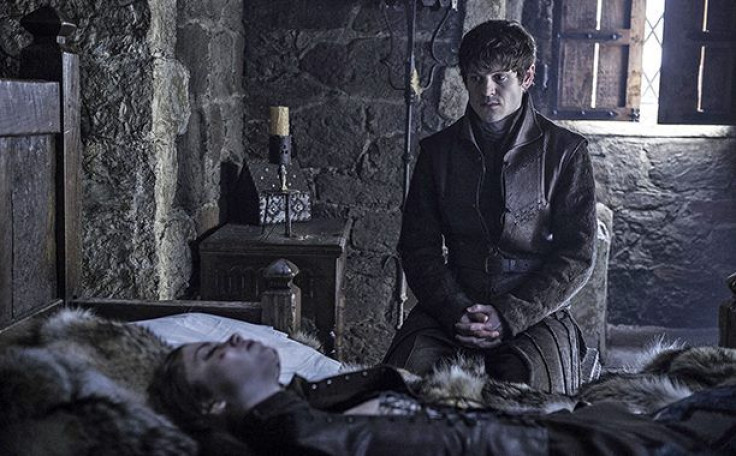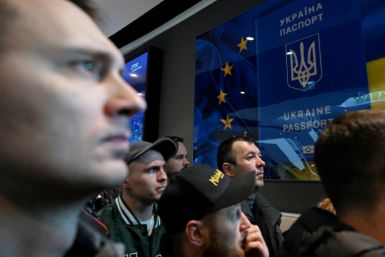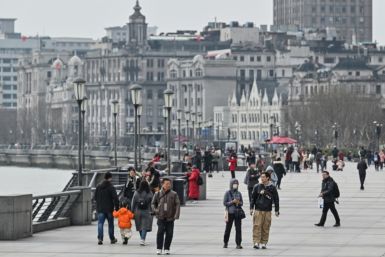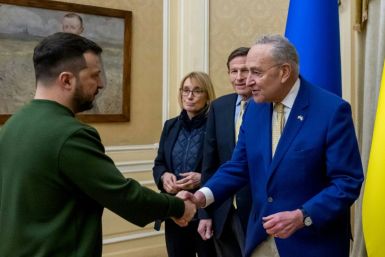‘Game of Thrones’ Season 6: Like father, like son; Ramsay Bolton surpasses dad Roose Bolton with his psychopathic insanity

“Game of Thrones” has always been a violent ride for viewers. However, its Season 6 is breaking all boundaries by portraying violence in a way that is unacceptable even for the most bloodthirsty fans.
[Spoiler Alert] The scene under scrutiny is Ramsay Bolton’s (Iwan Rheon) horrific murders of his family members. He murdered his father Roose Bolton (Michael McElhatton) to become Lord Bolton, and then, in order to eliminate any possible heir, even murdered his newborn half-brother and stepmother Walda by feeding them to his starved hounds.
“I prefer being an only child,” said Ramsay, as he watched his stepmother and half-brother being eaten away by the hounds.
Previously in Season 1, Jaime Lannister (Nikolaj Coster-Waldau) pushed little Bran Stark (Isaac Hempstead Wright) off a high wall to make sure his incestuous relationship with own sister Cersei Lannister (Lena Headey) would not leak. However, the latest scene from scene from Season 6, episode 2, titled “Home,” was sadistic and horrific to the core.
Now the question that critics are asking is whether such violent concepts are necessary even for portraying a nihilistic world during the medieval times. TV shows have always shied away from showing death or killing of babies, but “Game of Thrones” is not only pushing boundaries, it’s overthrowing and destroying them, and that’s a big concern. However, Iwan Rheon has a different explanation for the hound scene.
“It shows a level of ambition we’ve not yet seen. His problem solving is quite basic. It’s very similar to how a lot of how totalitarian dictators solve their problems by getting rid of anybody in their way, with a very Stalin-y way of doing it,” Rheon told Entertainment Weekly.
Ramsay’s psychology is extreme and he suffers from insecurity. He wants to be in control. Ramsay could have waited to see whether Roose Bolton would have stood by his illegitimate son. However, Ramsay is not comfortable with uncertainty. The writer of the episode, Dave Hill, explained Ramsay’s actions this time was different from all his other killings and tortures, even torture of Theon Greyjoy (Alfie Allen) and Sansa Stark (Sophie Turner).
In all the other cases, Ramsay’s tortures and murders were pre-meditated. However, killing his father, stepmother and half-brother was not at all premeditated, but “reactionary.” Hill explained that it was not that Ramsay hadn’t thought of killing his father when placed with uncertainty of his future as Lord Bolton. But he never wished to kill him just for the sake of it.
“It’s not calculated, it’s reactionary. And it has an effect on him, which he didn’t expect,” Rheon added.
Ironically Ramsay is not a completely psychopathic madman. He regrets killing his father.
“He’s actually trying to live up to this father’s standards and become the man his father wanted him to be — in his own sociopathic killer way,” Hill added to EW.
Even though Roose Bolton was behind the master plan of killing all Stark family members at the Red Wedding, Ramsay’s feeding a newborn baby to the dogs was perhaps the most unsettling scene, maybe more gruesome than Stannis Baratheon’s (Stephen Dillane) daughter Shireen’s burning.






